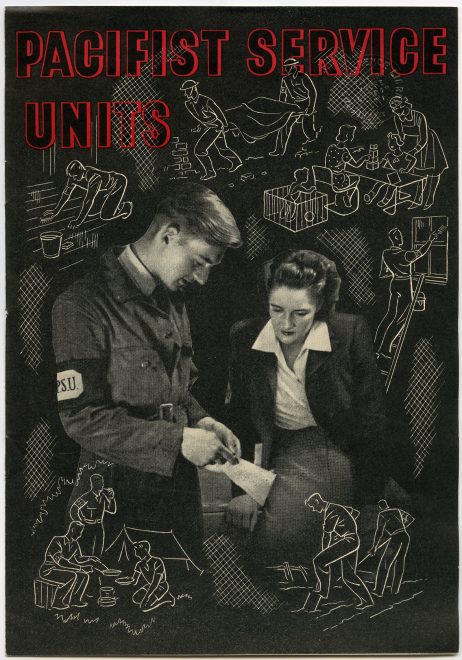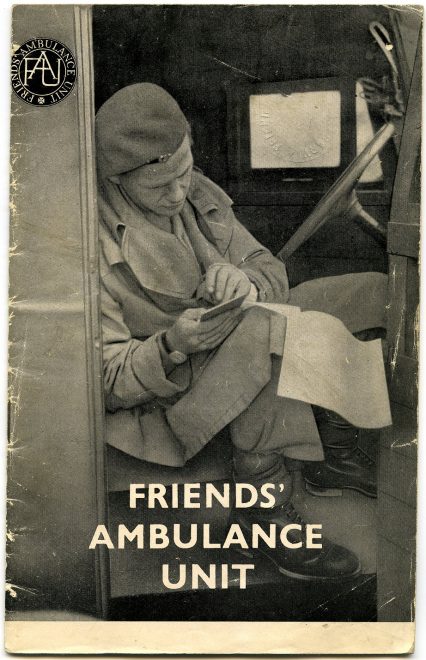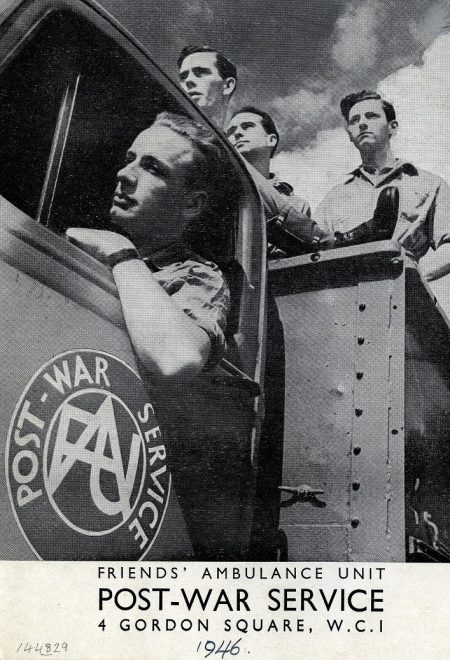What should we – from the perspective of the early 21st century – make of the thousands of British citizens who, in the name of conscience, refused to fight in the Second World War?

Like many people, I have close relatives who served and were injured whilst serving in the British military. My grandfather was on board the ships of the Malta and Archangel Convoys. More recently, both my brother-in-law and his wife did tours in Iraq and Afghanistan with the British army.
In apparent contrast, conscientious objectors refused to take up arms when all around them people were sacrificing their lives. But in doing so they do not fit easily into our assumptions about the meanings of bravery and cowardice, as they stood by the commitment to peace in the midst of a world at war.
They ended up as casualties of war, German prisoners or in British jails. Many more worked as farmers and foresters, or as ambulance workers and non-combatants in the military. They could be found patching up the wounded in China, the Middle East and the Balkans, and were amongst the first people to enter the liberated concentration camps of Central Europe.

I first began to think about conscientious objectors by accident, mistakenly ordering a folder from the National Archives that contained hundreds of applications for exemption from military service. Amongst them were revolutionary socialists, Quakers, Jehovah’s Witnesses, Scottish-Italians, people whose fathers had been killed in the First World War, and many others in between.
Intrigued by these documents, I set out trying to find out who these people were, why they did what they did and what other people made of them. Once I started digging, it seemed as if conscientious objectors were everywhere. It even turned out that a cousin of my mother was a conscientious objector in the 1950s. This exhibition is largely a result of the attempt to find out more about these people.
In one obvious sense, the conscientious objectors of the Second World War lost: they failed to prevent the war and it was military might, not non-violence, that defeated fascism. But in another sense, their commitment to peace survived amongst the ashes of the war, and has continued to run through many humanitarian human rights and humanitarian organisations ever since, as well as elements of international institutions such as the UN and EU. It is for this reason that their dilemmas and commitments, successes and failures, are both so interesting and so important.

Conscious Matters explores the little-known story of British conscientious objectors of the Second World War through paintings, poems, letters, music and speeches. The exhibition at the National War Museum in Edinburgh Castle runs from 8 March 2019 to 26 January 2020. Click here for more information.
